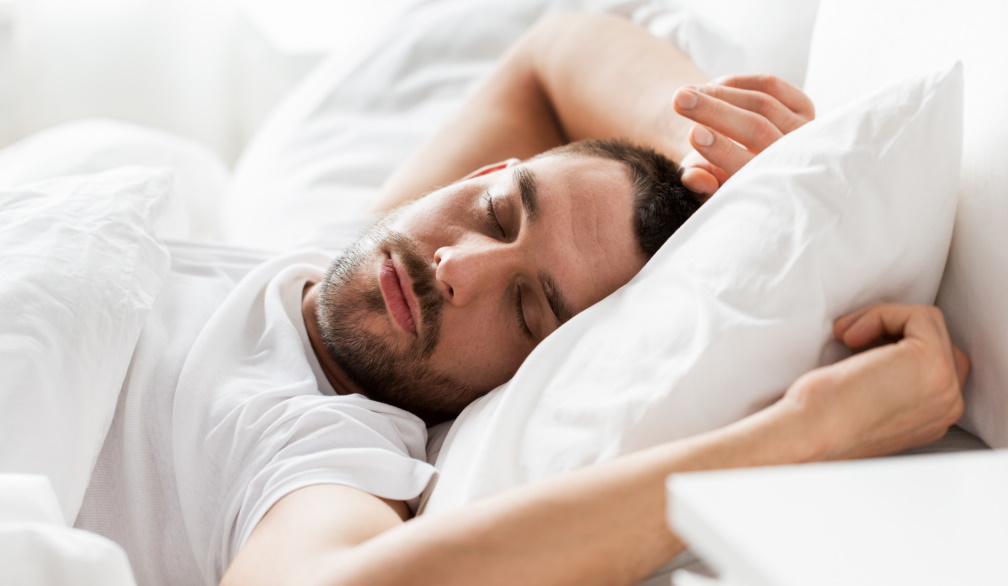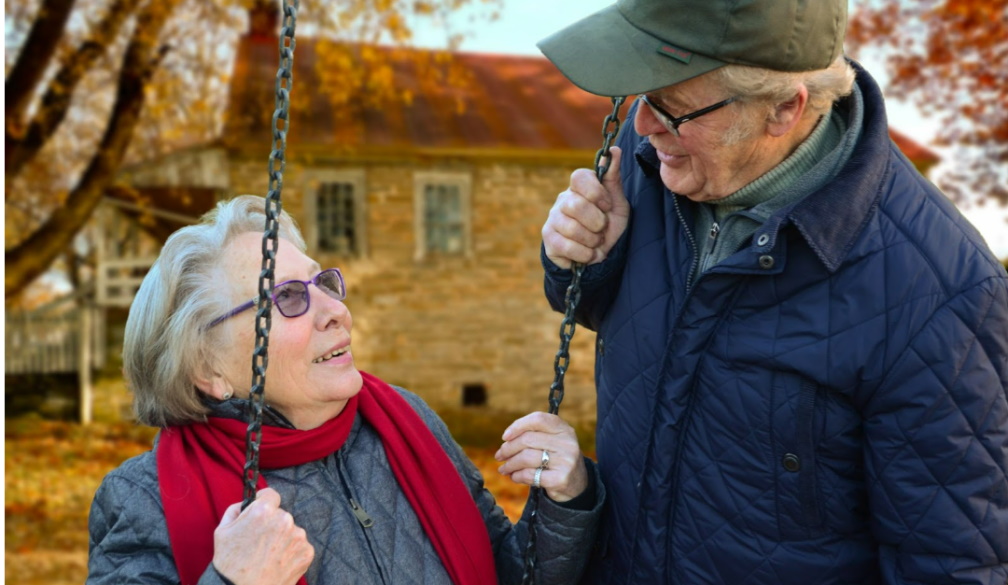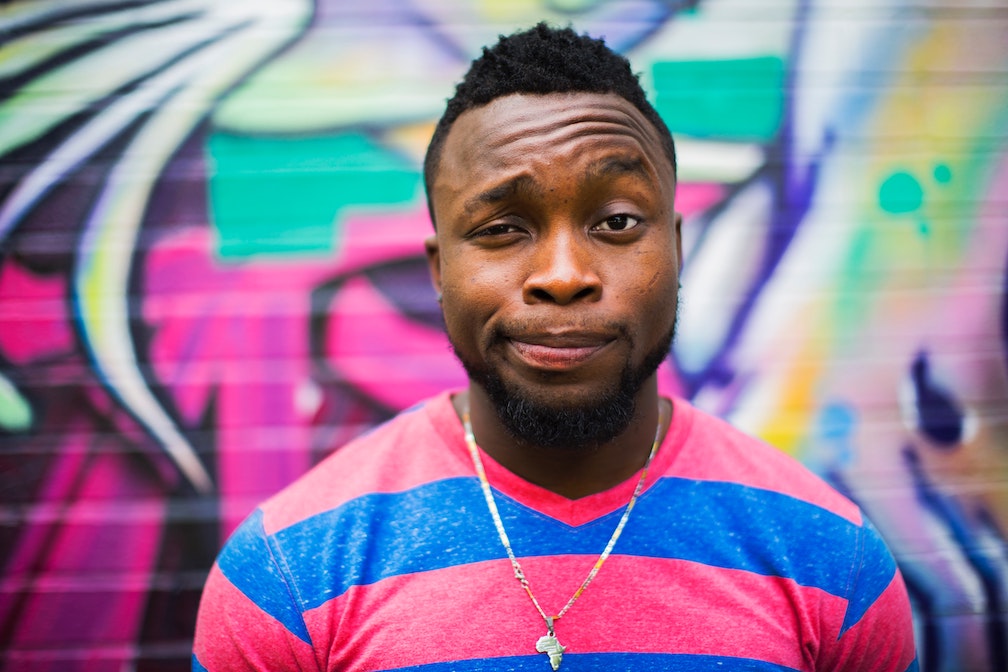Skin Cancer Incidences on The Rise for Older Generations

A common health worry around the world is cancer in the elderly population. Among the numerous cancer forms, skin cancer accounts for a percentage that is continually rising. According to recent studies, skin cancer incidences among seniors 45 years of age and more are rising steadily each year. This study also showed that men 65 years of age and older, as well as those who had previously had skin cancer, had a greater risk of skin cancer. On the other hand, it showed a declining rate for teenagers and younger adults.
A key risk factor is regular exposure to ultraviolet (UV) rays from sunshine and tanning beds. The cause of 86% of skin cancer cases is excessive sun exposure to UV radiation. Other significant risk factors include fair skin tone, a family history of skin cancer, and, most crucially, age.
Due to immune system changes brought on by ageing, age is a crucial factor in the development of skin malignancies. Endogenous cells, which are in charge of cutaneous immune function, are negatively impacted by ageing in terms of both quantity and functionality. More UV rays enter the dermis of older adults as a result of a loss in cutaneous melanocyte density.
Why are older people at a higher risk?
People did not take adequate precautions against the sun's rays before they were made aware of the risk factors for skin cancer. People felt comfortable spending many hours at the beach in the sweltering heat of the sun without any skin protection because there was a lack of adequate study and understanding about how to protect oneself from the sun.
Unfortunately, years after the harm has already been done at a young age, skin malignancies start to show their ugly heads. The elderly generation is more prone to skin cancer since they spent more time in the sun as children and young adults.
The good news?
The elderly population still has some optimism. You may still take the proper steps to improve the health of your skin, regardless of whether you used to spend your youthful days playing outside until the sun sets or you reflect on a life spent working outside without using sun protection.
Making sun protection a daily ritual will help you avoid sunburns and, if you're susceptible, lower your risk of developing skin cancer once more. You can minimise sun exposure by doing the following actions:
-
Avoid artificial UV radiation from sunlamps and tanning beds as well as direct sunlight between 10:00 AM to 4:00 PM.
-
When going outside, cover the face, neck, and ears with a wide-brimmed hat and UV-protective sunglasses, and dress in sun-protective apparel or long-sleeved shirts. Better protection is provided by clothing made of UV-resistant material.
-
Regularly use a broad-spectrum sunscreen. It is advised to use one with an SPF of 30 or higher with UVA and UVB protection.
-
Check your skin frequently. You have two options: self-check or professional appointment with a skin cancer clinic
We are aware that until two decades ago, proper research and expertise regarding sun protection were lacking. Therefore, it's not too late for you to have a good skin and sun relationship if you're concerned about the youth days you spent burning away in the sun.
In order to lower the risk of skin cancer in older persons, it is essential to ensure sun protection measures. Additionally, the likelihood of effective therapy and full recovery is considerably boosted with early identification.
Like all forms of cancer, early detection of skin cancer is essential for ensuring a far greater outcome. Doctors recommend that you have your skin checked by a professional at a skin clinic on a yearly basis.






